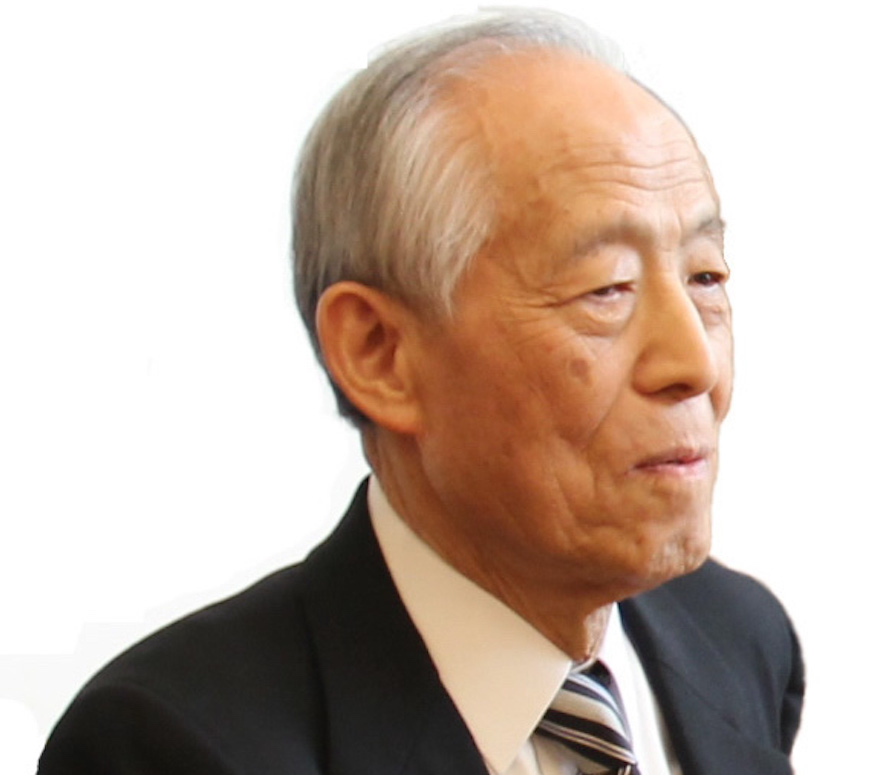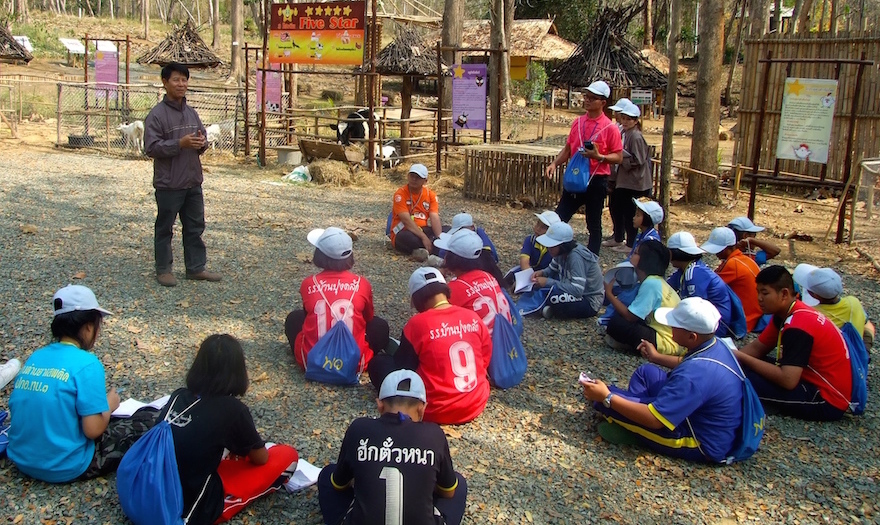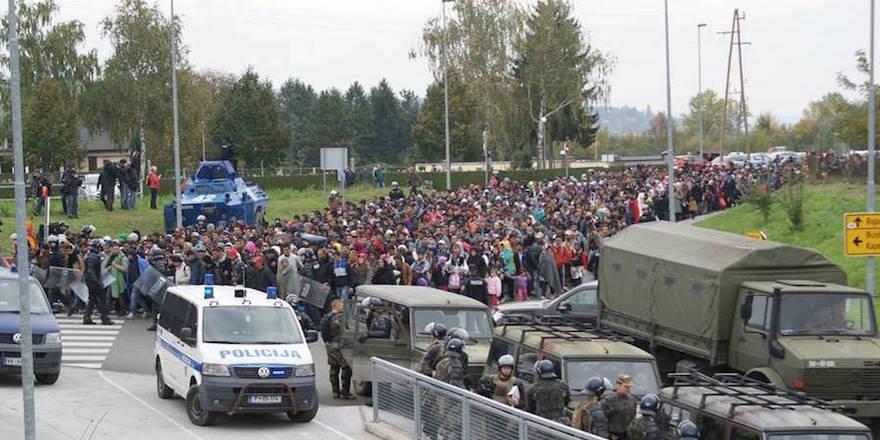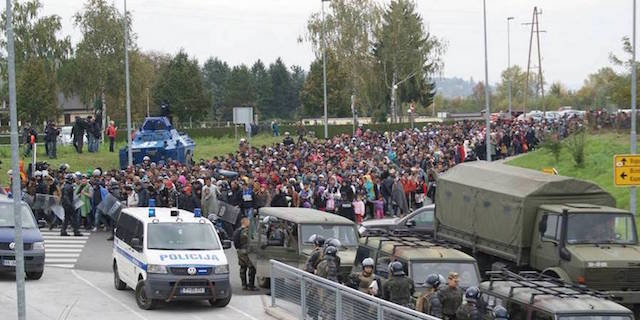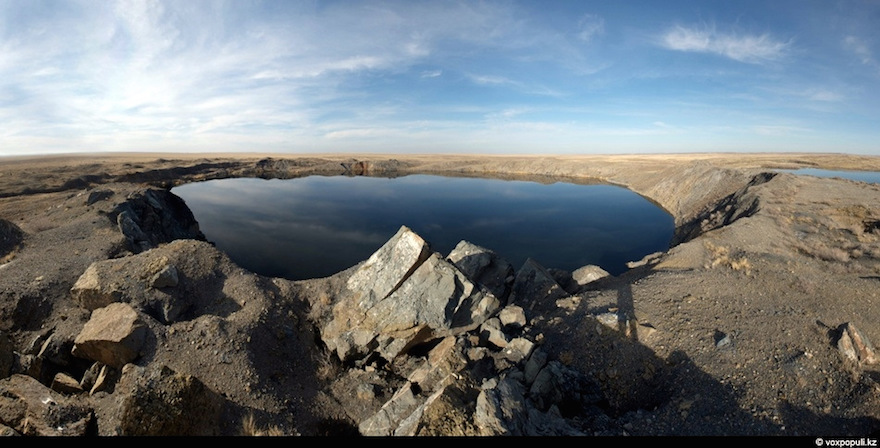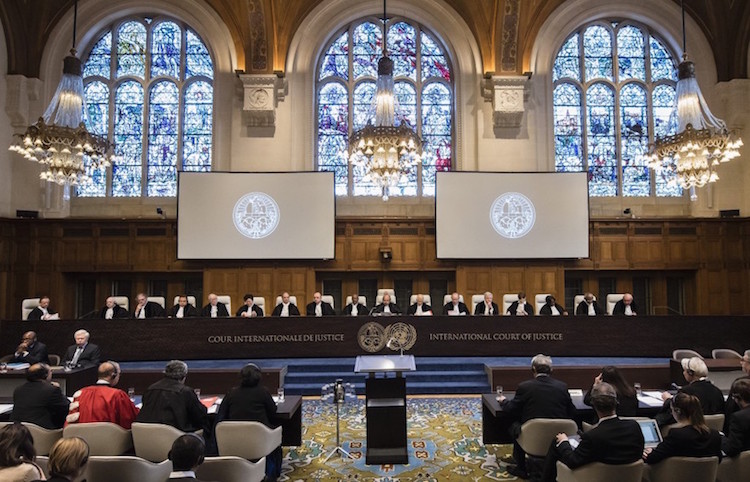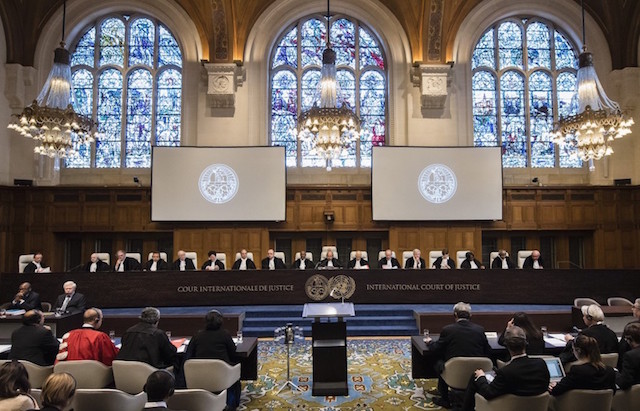By Prof. Makoto Taniguchi*
TOKYO (IDN) – When the United States was bashing the United Nations as an ‘Useless presence’ in the 1980s, young bureaucrats of the rank of Minister-Counsellors, who were dispatched as government representatives to the UN in New York, were using a deprecating term – a “zombie” group -to describe the situation in which they found themselves.
Counsellor Mr. Sergey Lavrov of the Soviet Union, who was like a leader among his peers, was convinced that something needs to be done about the world body. Otherwise he and others will not be respected back home. So he was inspiring the group that was otherwise beginning to lose sight of a vision to strengthen the United Nations. SPANISH | GERMAN | HINDI | JAPANESE

